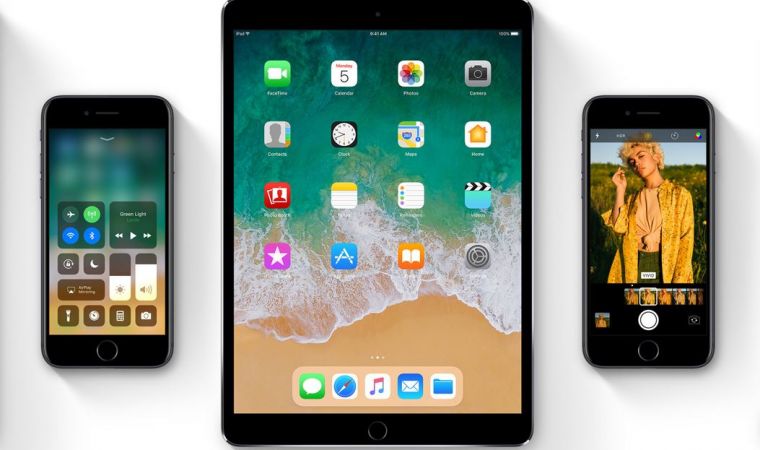iPhone slow after iOS 11 update, how to fix lag?

The iOS 11 may have brought something else aside from the normal update. Several iPhone users have reported about their units encountering issues after updating to Apple's newest mobile operating system.
iPhone owners have said that after downloading and installing the software update, their units slowed down and started to experience lag and glitches. The issue also affected their batteries as it got messed up as well.
Presently, Apple has not provided a definitive fix for the issue, but those who are experiencing post-update issues are told to check and make sure that what they have downloaded and installed is indeed the latest version of the software.
Those who just finished downloading and installing iOS 11 should expect the slowness as part of the OS' process. The iPhones or iPads are likely familiarizing with the newly updated software, which means it is re-tagging the apps for the new operating system.
This method might slow down the overall performance of the handsets, for at least a few days. But if the lag still persists, users can check their device's storage space as it might be full. Apple allows consumers to free up some space by moving their data to cloud storage.
This lag phenomenon on Apple devices after an update is not new to longtime iPhone fans. Many are saying that this is Apple's very subtle way of hinting at their users to ditch their last-generation units and purchase new ones.
However, according to Futuremark, a benchmarking company, after doing 100,0000 benchmarking tests, last-generation Apple devices are indeed lagging, but this not caused by Apple. They even said that Apple does a good job of providing support to its last-generation units.
"The graphs for CPU performance show a very slight drop in performance over time — possibly due to minor iOS updates or other factors — but a user would be unlikely to notice this small difference in everyday use," Futuremark noted.











